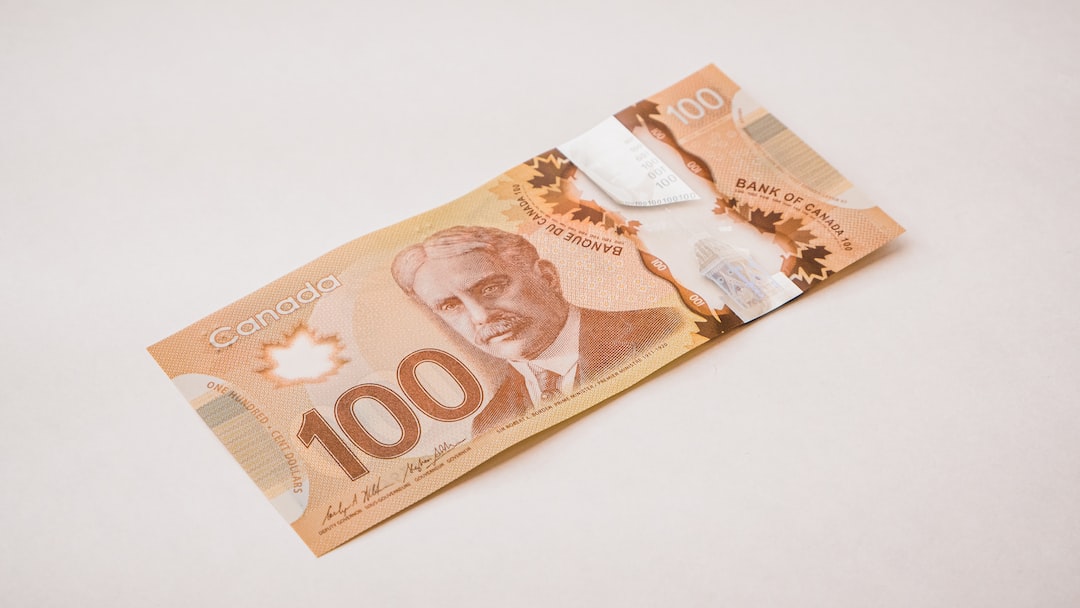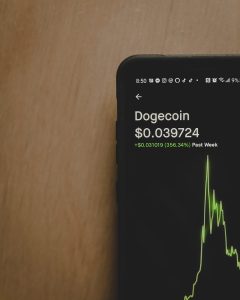The foreign exchange market, also known as Forex or FX, is the largest financial market in the world. It is a decentralized market, where currencies are traded 24 hours a day, five days a week. The Forex market allows traders to buy, sell, and exchange currencies with the goal of making a profit.
How Does the Forex Market Work?
The Forex market works by exchanging one currency for another. For example, if you want to buy euros, you would exchange your dollars for euros at the current exchange rate. The exchange rate is the value of one currency compared to another. It is determined by the supply and demand for each currency.
In the Forex market, currencies are traded in pairs. The most traded currency pairs are EUR/USD, USD/JPY, and GBP/USD. Each currency pair has a base currency and a quote currency. The base currency is the first currency in the pair, and the quote currency is the second currency.
For example, in the EUR/USD pair, the euro is the base currency, and the dollar is the quote currency. If the exchange rate for EUR/USD is 1.1200, it means that one euro is worth 1.1200 dollars.
When trading in the Forex market, traders can go long or short on a currency pair. Going long means buying a currency pair, with the expectation that the value of the base currency will increase against the quote currency. Going short means selling a currency pair, with the expectation that the value of the base currency will decrease against the quote currency.
Forex Market Participants
The Forex market is made up of different participants, including central banks, commercial banks, hedge funds, and retail traders. Central banks are the most influential participants in the Forex market. They use monetary policy to control the supply of money and interest rates in their respective countries.
Commercial banks are the most active participants in the Forex market. They trade currencies on behalf of their clients, and also use the market to hedge their currency risk. Hedge funds are also active participants in the Forex market. They use the market to make speculative bets on the direction of currencies.
Retail traders, also known as individual traders, make up a small percentage of the Forex market. They use online trading platforms to buy and sell currencies. Retail traders can access the Forex market through brokers, who provide them with the necessary tools and services to trade.
Factors That Affect the Forex Market
The Forex market is influenced by a variety of factors, including economic data, political events, and market sentiment. Economic data, such as GDP, inflation, and employment figures, can have a significant impact on the value of currencies. Central banks also play a role in the Forex market, as they can use monetary policy to influence the supply of money and interest rates.
Political events, such as elections and geopolitical tensions, can also affect the Forex market. For example, if there is uncertainty about the outcome of an election or a trade war between countries, it can cause volatility in the currency markets.
Market sentiment, or the overall mood of traders in the market, can also affect the Forex market. If traders are optimistic about the economy, they may be more likely to buy currencies, which can increase their value. Conversely, if traders are pessimistic about the economy, they may be more likely to sell currencies, which can decrease their value.
Conclusion
The Forex market is a complex and dynamic market, where currencies are traded 24 hours a day. It is influenced by a variety of factors, including economic data, political events, and market sentiment. The Forex market provides traders with opportunities to profit from the fluctuations in currency values. However, it is important for traders to have a solid understanding of the market and the risks involved before they start trading.






